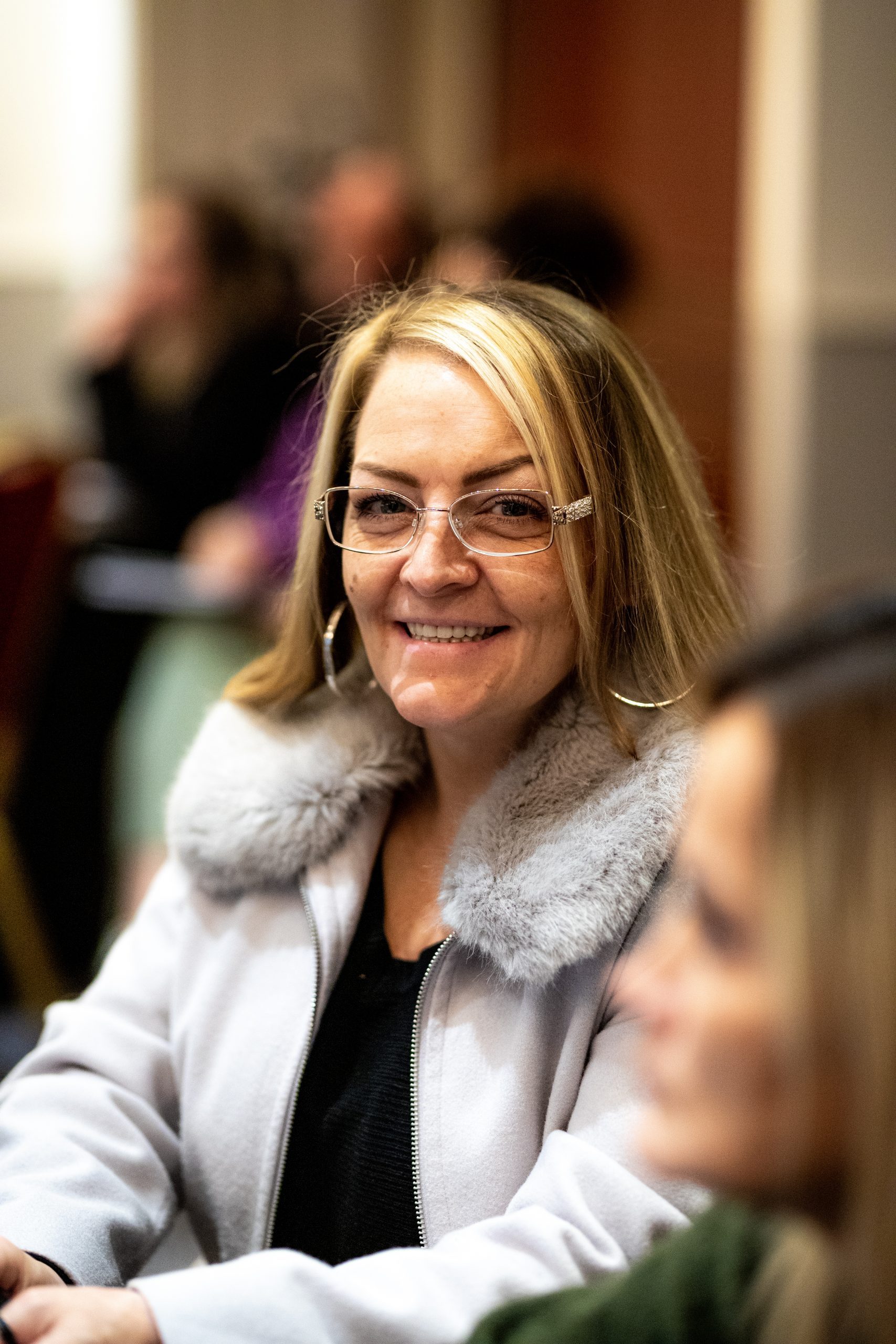Homeless people struggle to see

Christina Colton from Bristol advises Specsavers on homelessness
More than 44 per cent of homeless people have not had an eye test in the last five years. Yet 40 per cent have eye care issues, researchers have found.
Nearly a third are reluctant to see an optician, due to not feeling comfortable or fear of costs. But just under one in five say they need replacement spectacles. More than 40 per cent of spectacle wearers say they have frequently been without their glasses, often due to loss or breakages.
Data from charity Vision Care for Homeless People (VCHP), supported by Specsavers, shows 44 per cent said they experienced physical symptoms such as headaches, while 18 per cent have difficulty seeing faces. Reading small print on forms or prescription labels is hard for 44 per cent, while 31 per cent struggle to see signs or bus numbers.
Fear of discrimination or judgement were major barriers to healthcare, with 42 per cent worrying that their housing status would affect the way they are viewed by health professionals.
Eyecare is desperately needed. Just under 30 per cent said it would help them find work. Nearly 50 per cent said it would make them feel confident and 38 per cent said they would feel safer.
Christina Colton from Bristol told researchers: “When I was homeless, my vision was blurry but I was anxious about getting my eyes tested because I felt confused about what I might be asked to pay. An eye test was not a priority and it’s not accessible.
“Not being able to access eye care and glasses often leads to further health problems, keeping people out of work and in a cycle of poverty. Now, the moment I wake up in the morning I put my glasses on – they make me feel good about myself and it’s essential for all people to have access to eye care.”
Christina is part of a focus group of people who advise Specsavers on homeless issues. The company is trialling out-of-hours clinics to provide free eyecare and spectacles in a safe, judgement-free space.
Co-founder Dame Mary Perkins said: “Specsavers was set up to make eye care available and affordable for everyone. We know there are health inequalities for people experiencing homelessness and we want to help tackle them.”
The firm is supporting clinics at the charity Crisis’s Skylights centres and across the Simon Community Northern Ireland’s centres. It is working with organisations including the Big Issue to understand the challenges people experiencing homelessness are facing and support them in accessing care.
“By working with our charity partners and volunteering at their clinics, as well as trialling our own out-of-hours pilot in practices, we want to help those affected by homelessness access the care they need. We hope that by having a positive eye care experience, it will give people confidence to come back in the future and to access other healthcare services,” Dame Mary added.
- Find out more about the out-of-hours pilot at www.specsavers.co.uk/homelessness